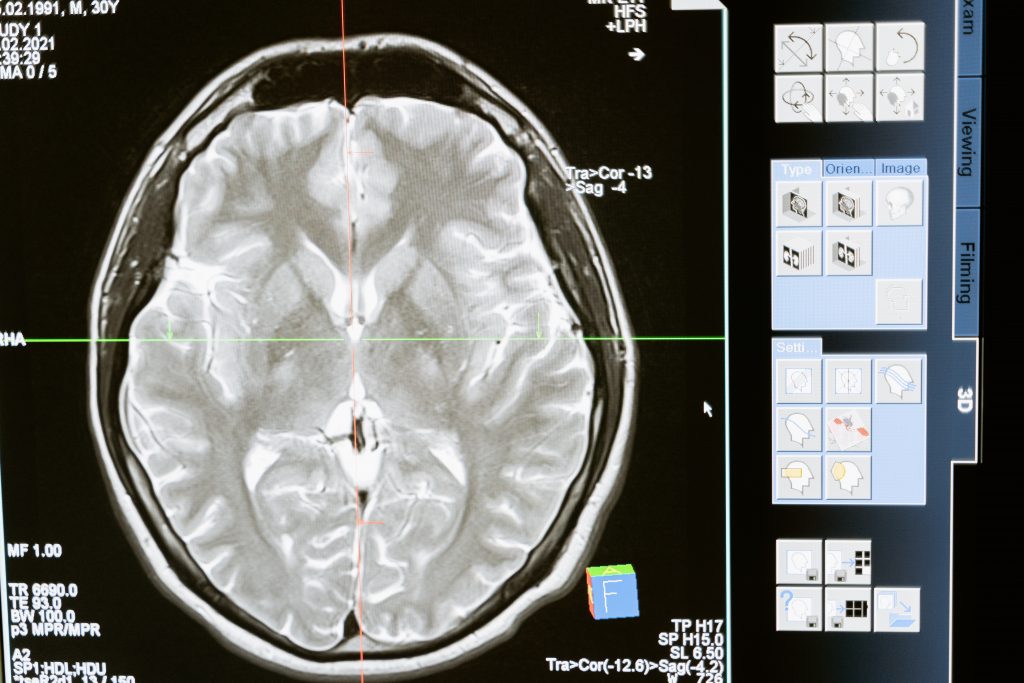When it comes to talking about syphilis, as well as other sexually transmitted infection, many of us would rather shy away from this taboo topic and remain in the dark. But being informed this STI is the best way to stop it from spreading and empower those who have been infected to get the treatment they need to make a full recovery.
What is syphilis?
Syphilis is a sexually transmitted infection caused by a bacteria called Treponema pallidum. The way in which this infection is spread is through vaginal, anal, or oral sex with a person who is already infected.
Syphilis can be particularly dangerous for expecting mothers as, in some cases, the infection can be transmitted from the pregnant mother to her unborn baby in the womb.
Read more: Gonorrhea: Here’s the latest plus what to know about it
Symptoms:
Symptoms of syphilis can vary depending on the stage of the infection and will change overtime if it remains untreated. Some people do not experience any symptoms at all yet are still able to infect others.
In the early stages, a painless sore or ulcer (known as a chancre) appears on the body about three weeks after infection most likely in the area where the infection was contracted. This chancre will heal on it’s own within a few weeks of it first developing.
During the secondary stage, a rash may develop on the body, often including the palms of the hands and soles of the feet.
Other symptoms that occur with the rash may include:
- fever
- sore throat
- swollen lymph nodes
- fatigue
After this, latent syphilis can occur: this is when the the infection is still living in the body but there are no visible symptoms often leading to people believing there is no issue. This stage can last for several years.
In the later stage of syphilis, the infection can cause damage to many areas of the body including the brain, heart, liver, bones, joints and nerves. A loss of vision and hearing as well as paralysis and dementia can also happen when it remains untreated.

Getting diagnosed:
When it comes to syphilis, early diagnosis is vital for treatment and recovery. Rapid testing kits are fast and easy to use as they usually take less than 20 minutes to get results and many can be done in the comfort and privacy of your own home.
Shop here: Zoie Health’s Syphilis Test Kit
If you receive a positive test result, it is recommended that you seek out medical assistance for the health and safety of you and your sexual partners. Having a healthcare professional confirm the test results is the best way to begin receiving the appropriate treatment.
Treatment options:
If diagnosed early enough, syphilis can be treated with a course of antibiotics, usually penicillin. Even if your symptoms disappear, it is important to complete the full course of antibiotics as prescribed by your healthcare provider.
This can lead to the infection not being treated completely and risk having the symptoms return but will now be more resistant to medical treatment. If left untreated, syphilis can cause numerous serious health problems, damage to several organs and even death in the most serious cases.
How to prevent infection:
To prevent being infected with syphilis and other sexually transmitted diseases, practicing safe sex is essential. This includes using condoms during sex and getting tested regularly for STIs. It is also important to disclose any STIs to your sexual partners and ask them to do the same for you before engaging in sex.
Shop here: Zoie Health’s STD Combo Test Kit
If you have had sex with an infected person or you are experiencing symptoms of syphilis, contact a health provider as soon as possible to get the correct diagnosis and treatment for you. For fast and discreet medical assistance, click here to book an online consultation with a Zoie Health professional today.









